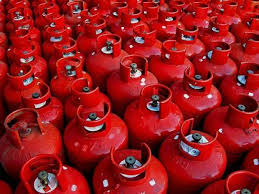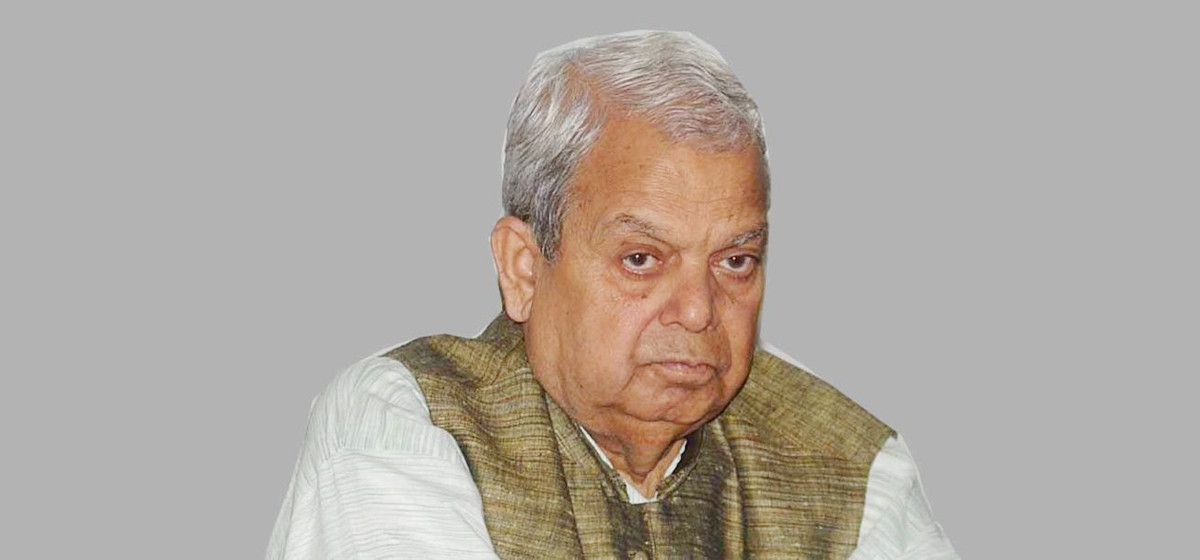It has come to light that the proposal for an updated Nepal Vehicle Standard has been stalled amid multiple rounds of discussions among concerned line ministries. The ministries have failed time and again to forge consensus to amend the law as proposed by the Ministry of Forest and Environment (MoFE) to curb greenhouse gas emissions from motor vehicles. The MoFE is attempting to apply the Euro 5 standard for greenhouse gas emissions to vehicles in Nepal to decrease the country’s carbon footprint. However, the Ministry of Physical Infrastructure and Transport (MoPIT) has been allegedly blocking MoFE’s efforts to present the draft proposal to the cabinet. Officials from the MoFE say that the ministry has received approval for the proposed standard from all other concerned ministries including the ministry of law and ministry of finance except MoPIT. The delay in introducing the new Nepal Vehicle Standard is concerning, as the existing Vehicle Standard 2067 BS is already outdated. The new standard must be enforced at the earliest, as Nepal aims to control pollution and reduce its carbon footprint as part of its commitment to becoming carbon neutral by 2045.
It has been 14 years since the last vehicle standard was implemented. Vehicle technology has advanced to the point where average motor vehicles in international markets emit less than half the greenhouse gases compared to the most carbon-efficient vehicles available when the last standard was implemented. However, MoPIT's reluctance, allegedly under pressure from interest groups, is hindering the introduction of the new standard. MoPIT is creating hurdles to implementing the new standard, citing the influence of interest groups behind the sluggish progress. These groups, consisting of vehicle importers, oppose the implementation of the new standard because it might restrict some of their imports. The group is unnecessarily creating debates within MoPIT and demanding unwarranted amendments to the standard. Officials have noted that the repeated demands for amendments demonstrate MoPIT's intent to delay the standard. If MoPIT genuinely aimed to improve the standard, it would have communicated all its suggestions at once. Instead, it raises different suggestions each time the proposal is sent, showing its intention to stall progress.
Nepal Council for Standards approves shoe quality standards for...

The urgency to introduce the updated Nepal Vehicle Standard is paramount, given the dire need to curb greenhouse gas emissions and align with Nepal's commitment to achieving carbon neutrality by 2045. The new standard is also critical to address rising pollution in cities like Kathmandu. The outdated Vehicle Standard 2067 BS fails to account for advancements in vehicle technology, which now enable significantly lower emissions. The proposal of the MoFE to adopt the Euro 5 standard, already approved by most ministries, to reduce the carbon footprint and contain pollution is commendable. It is concerning to note that the MoPIT, allegedly under the influence of interest groups, has been hindering the progress by repeatedly rejecting the proposal and raising unnecessary amendments. This delay not only undermines Nepal's environmental commitments but also perpetuates the use of inefficient, high-emission vehicles, exacerbating pollution and climate change impacts. The earliest implementation of the new vehicle standard is crucial to ensure environmental sustainability, aligning the country's vehicular regulations in line with global practices.












-1200x560_20210707134335.jpg)

























